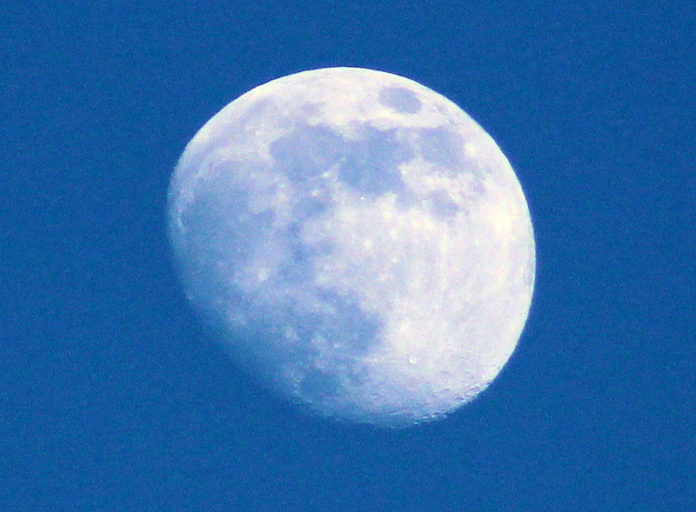
My mother says she cannot remember the moment precisely but was certain she watched it all live on television. So did uncounted millions across the globe.
My late father said more than once that he took me into the backyard, and we looked up at the moon, and he explained to me that what I had seen on the TV were images of men walking around, way up there. I was a month past my third birthday, so I have always taken him at his word for it.
Today the world marks the 50th anniversary of the lunar landing of Apollo XI. So much has been recalled in recent days and weeks in the mass media that there is little point in repeating the facts here.
My personal opinion is that mankind has been gifted with several critical achievements. Speech is one, written language another. I would add the control of fire, the domestication of the dog (and all that led to) and agriculture as others. I will leave the theological portions of the argument up to each reader’s own beliefs, but I know where I stand.
Somewhere high on any such list would be scientific achievements, and surely the lunar landing would have to be considered for top honors. Mankind has had many great moments in the exploration and understanding of our universe, but the landing and safe return of Apollo XI will surely stand apart forever as a hallmark.
It bothers me not at all to burst with national pride in knowing it is the American flag, and not the hammer and sickle, that stands to this day on the moon. In five disparate landing spots.
Future generations will doubtless feel the same pride, but I continue to be bothered by the vexing question of whether they will look back and consider the five decades since as largely a wasted opportunity. I certainly do.
Less well known than the events of July 20, 1969, is the fact that no human has stepped foot on the moon since Gene Cernan stepped into the Apollo 17 lunar module on December 14, 1972. I find it stunning we have not been back.
There have been great advancements, spectacular discoveries, awesome moments and, sadly, terrible tragedies. That there have not been more positive moments is entirely the fault of the very people responsible for the great success of the Mercury, Gemini and Apollo programs — the American taxpayer/voter.
NASA’s budget has never been more than 4.65 percent of the annual discretionary spending. For fiscal year 2019, NASA’s budget stands at 0.45 percent or just under $21.5 billion, the highest it has been in a decade. For Iowans, that works out to a cost of about $40 per taxpayer this year.
Given the particulars of international politics and the Cold War, it is perhaps understandable that the focus, energy and financial support for NASA would dip at the conclusion of the Apollo program.
But why there are not American — or, more likely, to spread cost and danger — permanent international working camps on the lunar surface, inhabited year-round, is somewhat stunning. The rate of acceleration in what we learned and how quickly we advanced in so many areas would look, at one time, rather like a rocket launch if placed on a horizontal grid. Then, suddenly, almost a straight line, and so it has, with few exceptions, remained.
Why? Because the national drive has not been there. The will to push Congress and succeeding administrations of both parties to assure a yearly budget of at least 3-4 percent has simply gone missing. In the same span of decades, a tiny portion of the trillions wasted on foolish goals, whimsical ideals, faulty prognostications of need of all kinds and, of course, mass graft and corruption would almost certainly have done wonders.
The most conservative, spend-thrift naysayers admit the return on the dollar in new technologies ranges between $3-5. The value of the knowledge gained, to our souls if nothing else, is priceless.
The United States is the wealthiest, most advanced nation on the earth. Our universities remain the research envy of the world. What the country is capable of when oriented toward any unified goal is unmatched.
The solar system should be littered with robotic probes. Mars (the U.S. remains the only nation to have successfully landed there) ought to be crawling with our surveyors, leading the way to a manned landing before 2030 (in 1969 many serious people in aeronautics and related fields thought it might happen before 2000).
There should be radio telescopes in lunar orbit scanning the cosmos for possible signs of alien life. Four or five high-orbit telescopes should by now be making the Hubble discoveries seem like child’s play.
Instead, we pay the Russians to take our astronauts to the one manned space station.
Think of what our nation might achieve were we to take .1 percent from every federal outlay in the budget and give it, instead, to NASA and to programs to serve as incentives for private industry.
July 20, 1969, is a date that will never fade from world history. When will the next one be?

















Well said!